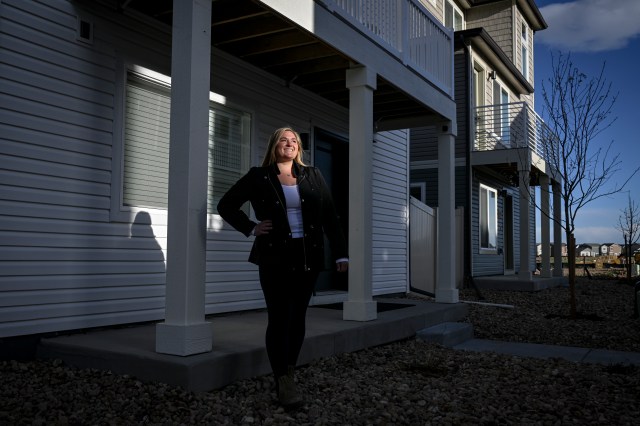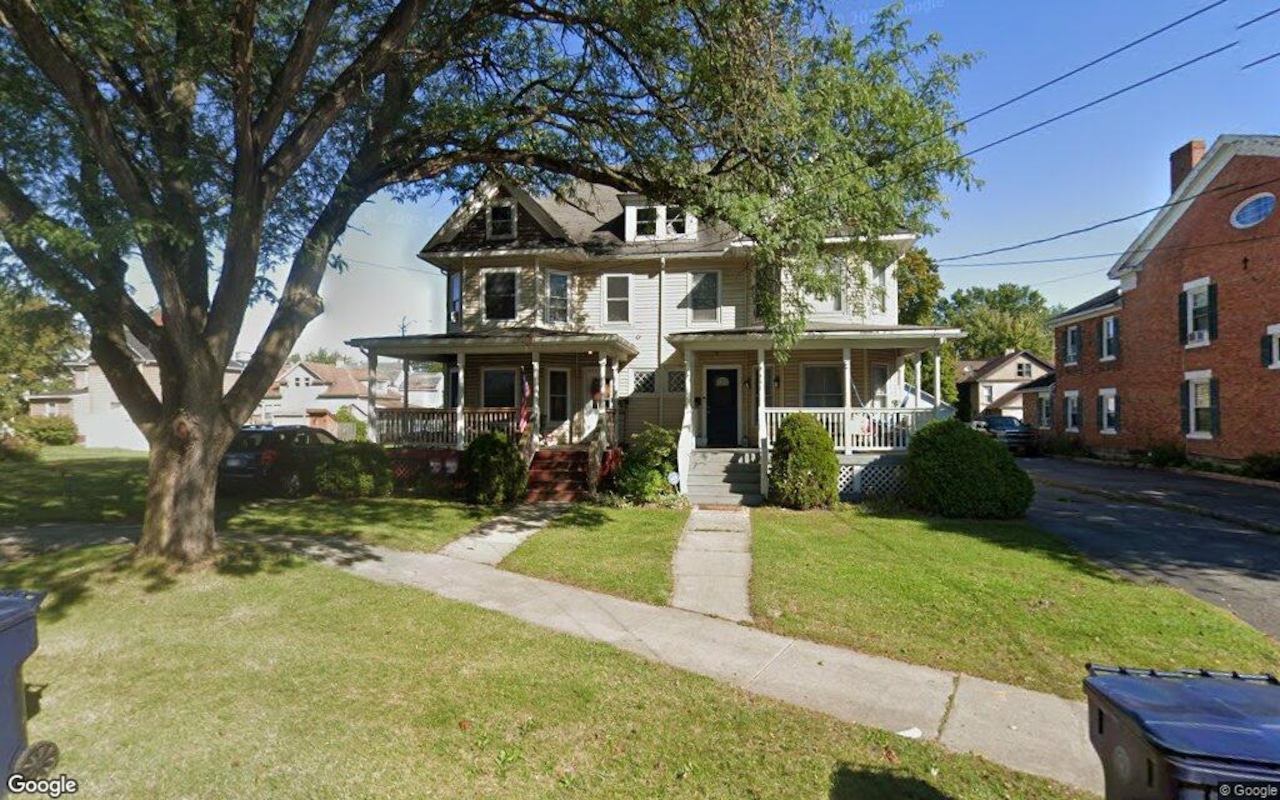K
elly Morgan, a 27-year-old from Arizona, recently purchased her first home in Bennett, Colorado. Her parents had always advised her to buy a place of her own as soon as possible, and she took their advice seriously. However, finding an affordable option proved challenging due to Denver's high prices and limited inventory.
Morgan considered condos but was deterred by the high homeowners' association fees, which ranged from $600 to $700 per month. She eventually found a new two-story home in Bennett's Muegge Farms development for $375,000, which was a bargain considering the median price of a home sold in April was $660,000.
The trade-off for Morgan was a longer commute and living in a quieter area with fewer amenities. However, she appreciated the darker night skies, lower cost of living, and the opportunity to build equity over time. As a first-time buyer, Morgan is an outlier in today's market, where buyers are getting older due to rising mortgage rates, elevated home prices, and limited inventory.
According to the National Association of Realtors, last year's average age of a first-time homebuyer was 38, compared to 35 in 2023 and 29 in 1981. First-time buyers represented just 24% of the market, down from 44% in 1981. Builders have shifted their focus to move-up and luxury markets due to rising land and material costs, leaving a shortage of entry-level housing.
Oakwood Homes has been working to address this issue by offering more compact homes with smaller floor plans on cheaper land. The company is also using factory-built construction methods to reduce costs and improve quality control. By building in outer suburbs like Bennett, Oakwood aims to bring affordability and value across the metro area.
The trend of first-time buyers moving to the periphery is not unique to Denver. According to a Redfin study, the average age of homes purchased last year was 32 years old, with more than half being over 30 years or older. The aging housing stock is due in part to builders struggling to match historical construction rates after the housing downturn.
First-time buyers are drawn to the lower price points of older homes, but they often come with higher maintenance costs and energy inefficiencies. The growing age gap is especially noticeable when it comes to condos, where the average age has increased from 26 years old in 2012 to 38 years old in 2024.
Colorado's inability to resolve its issues with construction defects litigation has contributed to a shortage of new condos. However, a new law aims to address this issue by reducing legal liability for builders who agree to follow higher construction and warranty standards.
The shift to remote work during the pandemic has also boosted the exurban trend, as workers can now commute from farther distances without feeling isolated. However, real estate agents warn that buyers need to be aware of the potential drawbacks of living in an exurb, including lower construction quality, fewer design options, and longer commutes.
Ultimately, first-time buyers must weigh the pros and cons of buying a home in an outer suburb versus staying in the city. As one agent advised, "do your research and make sure you're okay with the pluses and minuses."














